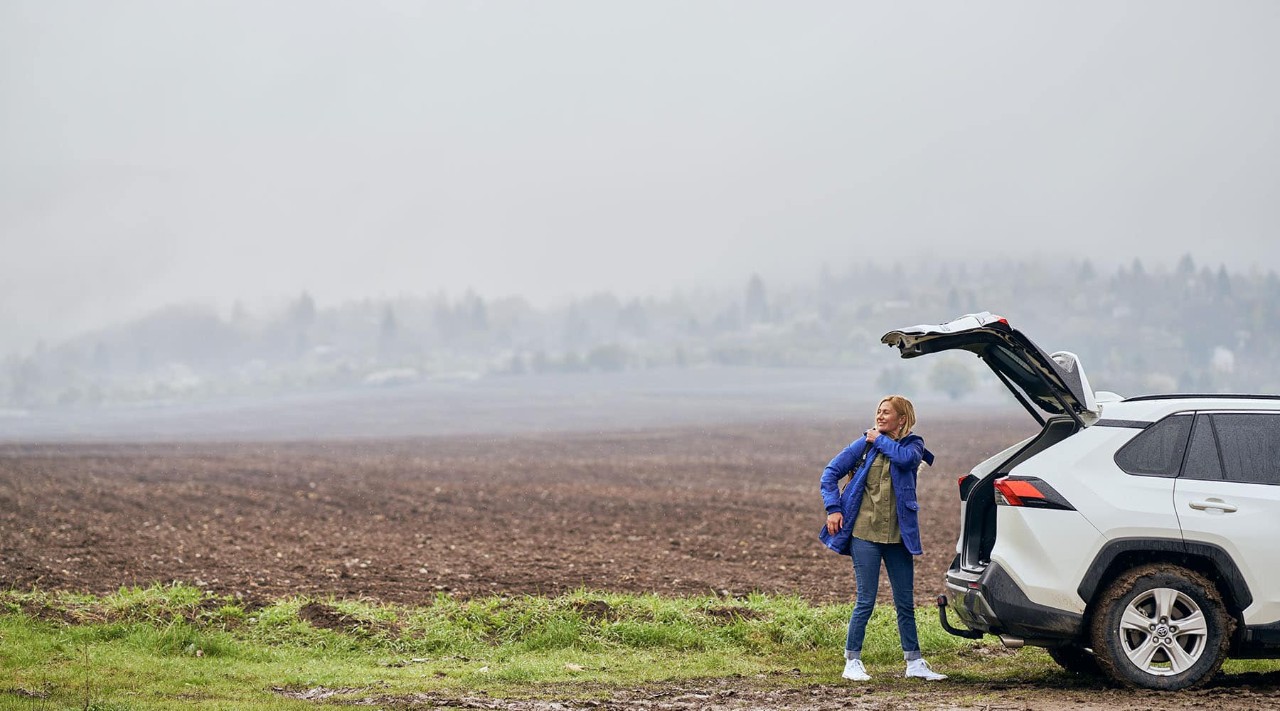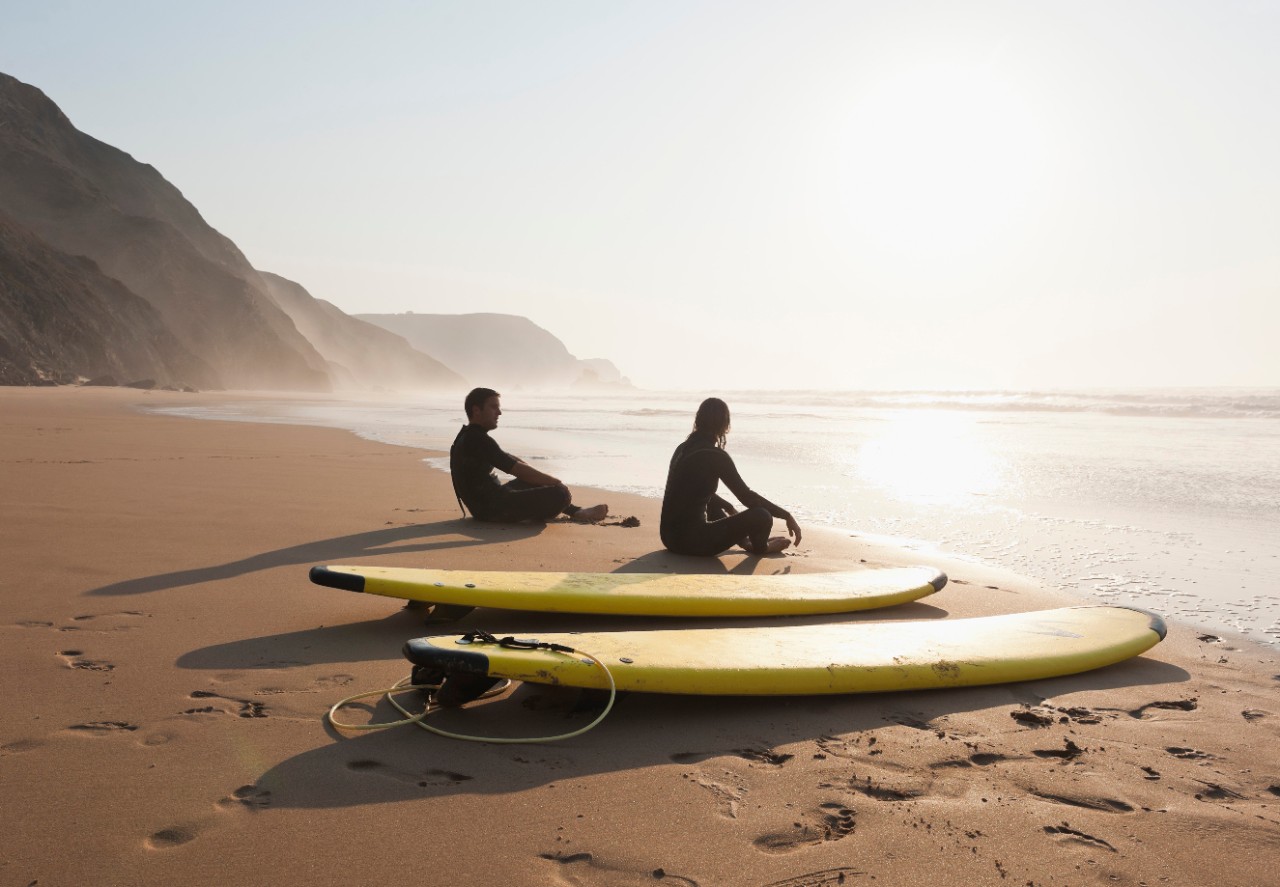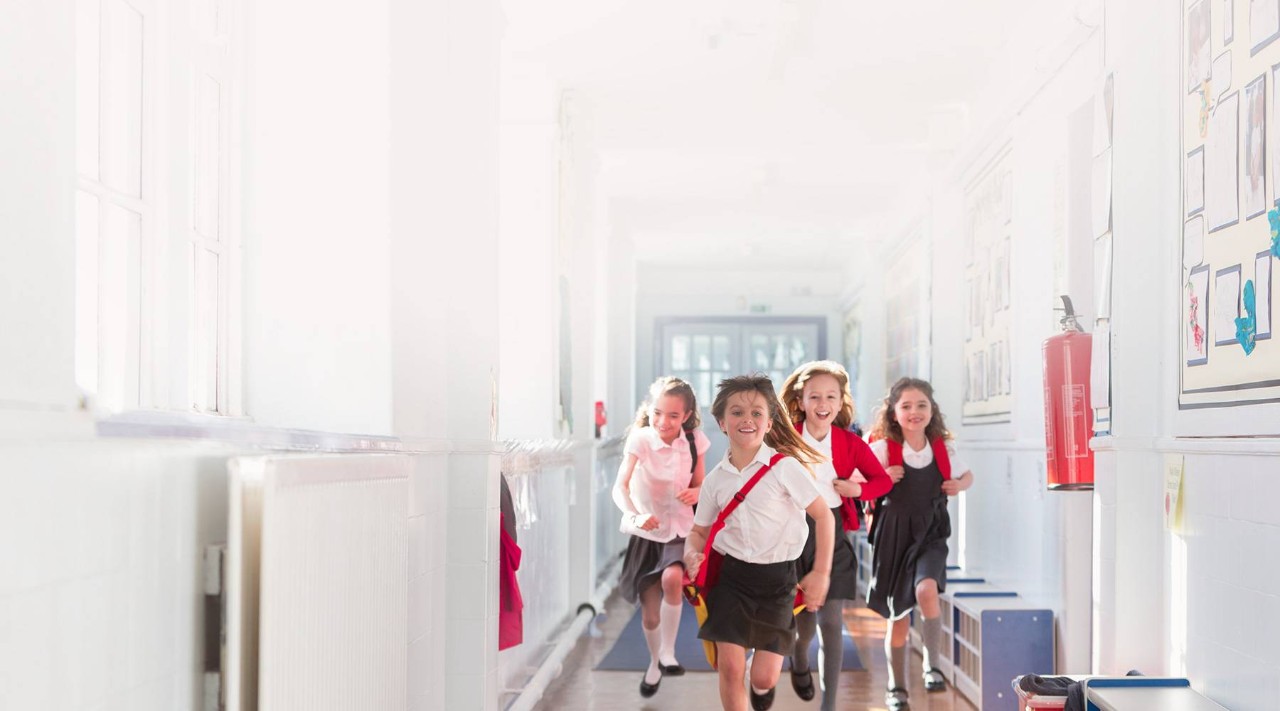There’s something about where the connection you will always have to the place you live and the people there. In the vast majority of cases its overwhelmingly positive, and so it should be. The strength of communities across Ireland can be seen in every facet of life. Community-led fundraising, tidy towns associations, inner city community groups, sporting clubs of all shapes and sizes, meals on wheels, senior citizens activity, community alert groups and an endless list thereafter. Great volunteers, great people in fact, make these organisations what they are by generously lending their time and effort for the good of the cause. Ultimately when the need is most and the request made, these great volunteers respond.
Schools are the epi-centre of many communities too. And when our schools ask, the willingness of volunteers to help out when needed is fantastic. How would our schools manage without the help of volunteers? Would they be the vibrant, colourful, happy places without their help?
A 2021 report by Peoplesafe, a UK-based technology business that champions the safety of lone and at-risk workers, detailed that more that 19 million people formally volunteered with a group, club or organisation in the previous 12 months. The UK has a population in the region of 67 million, so that’s over 1 in 4 people. It’s probably fair to assume that it’s going to be something similar in Ireland too.
In a piece by Nick Warburton in the IOSH (Institution for Occupational Safety & Health) Magazine, he outlines a number of prosecutions following serious injuries and fatalities to volunteers at various clubs and organisations. The reoccurring theme running through each of these is the lack of oversight and precautions taken by the organisation for the tasks undertaken by volunteers.
In case one a volunteer with an anglers association was tragically killed. When clearing away fallen tree branches he was hit by another branch and subsequently passed away. The investigation found that there was no risk assessment completed, guidance from Anglers Trust was ignored, the volunteers were never appropriately trained and they had been provided with inadequate equipment.
In case two, another volunteer was fatally injured when he fell while repairing a part of the roof at a local football club. The volunteer hadn’t advised the club he was doing such work but at the same time the club had no system in place to monitor and supervise volunteer’s activity.
In a third case, a volunteer fell from a loft ladder. While this was not fatal, it did end the volunteer’s professional career as a civil engineer. It was found that the club had not followed its own risk assessments and had not provided any training to volunteers regarding working at heights.
The reoccurring theme throughout the three investigations was one of oversight and precautions, or lack thereof. As an employer your school has a legal responsibility to ensure the safety of its staff, and furthermore, any volunteers. The Health and Safety Executive in the UK outlined a number of key points an organisation or employer should actively follow for every volunteer activity. These include to:
- Plan and prepare your activity effectively
- Know how volunteers will be deployed
- Match the task to the individual by checking they have the capability to do the activity
- Make sure effective supervision and monitoring arrangements are in place
- Make sure accidents and near misses involving the volunteers are recorded and followed up
- Ensure volunteers are provided with the right information, instruction and training so that they can carry out their activities safely, including providing a full induction that highlights any hazards that they may be exposed to
- Provide appropriate tools and equipment, including personal protective equipment (PPE) if required Advise volunteers to report any damage or defects promptly
- Ensure tools and equipment are regularly maintained and safely stored after use
Are volunteers covered by your school insurance policy?
We can confirm that where your school is insured with Allianz, then volunteers engaged by the Board of Management are included under the definition of an employee within your Custodian School Protection Policy and are therefore covered as if they were an employee (subject to policy terms and conditions). However, it is vital to understand that, as outlined above, volunteers must receive the same instruction, training and appropriate equipment as an employee would and they should be under the supervision of a member of the Board of Management or school staff while carrying out their duties. Volunteers are also subject to the same child protection vetting as regular employees.
We understand how important volunteers are within a school community, but equally we all must recognise that their health and safety is of greater importance, which cannot be left to chance in the hope that nothing will go wrong. Our own communities always feel like the best communities, but it’s also very true that “good fences make good neighbours”. The goodwill and enthusiasm of volunteers can lead to tunnel vision to get the job done while failing to notice the inherent danger in some activities. School needs to be the “fence-maker” to set boundaries of what volunteers can and cannot do.
Just because someone is volunteering to do something does not mean the school should allow it - the school has to be the decision maker regarding whether or not the activity is suitable for a volunteer or if a professional is required.
If you wish to discuss any issues in particular please feel free to contact our School Support Team on 01 6133966* (Mon - Fri, 9am - 5pm) or through education@allianz.ie. As always you can also contact your Local Allianz Representative to discuss. If you are insured through an insurance intermediary then please contact them directly for assistance.
*Calls may be recorded.





